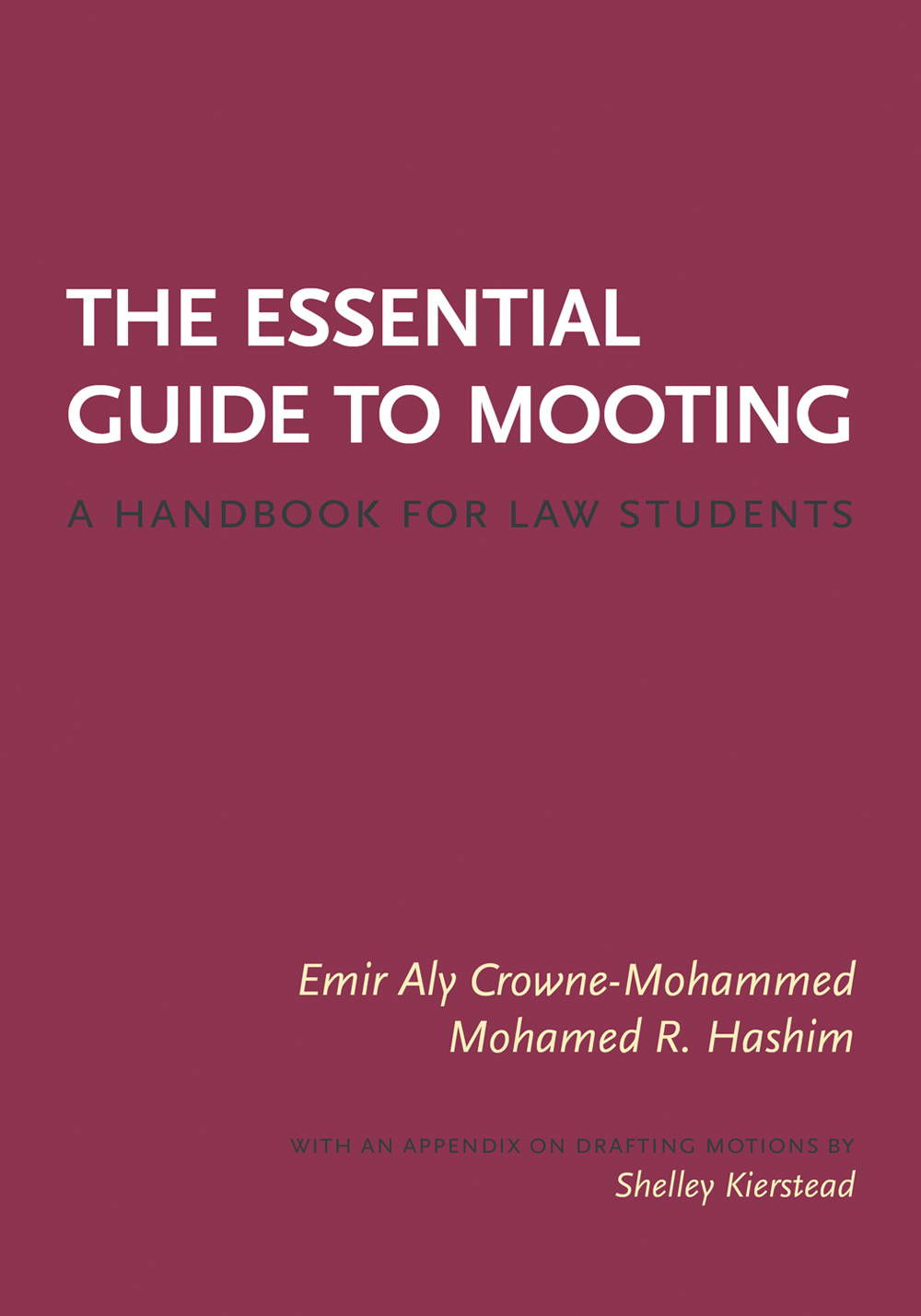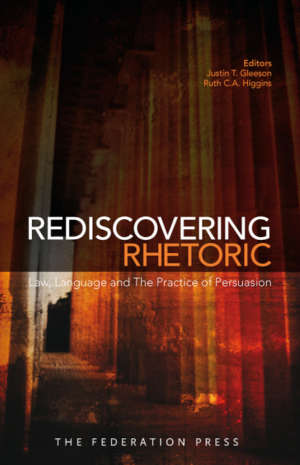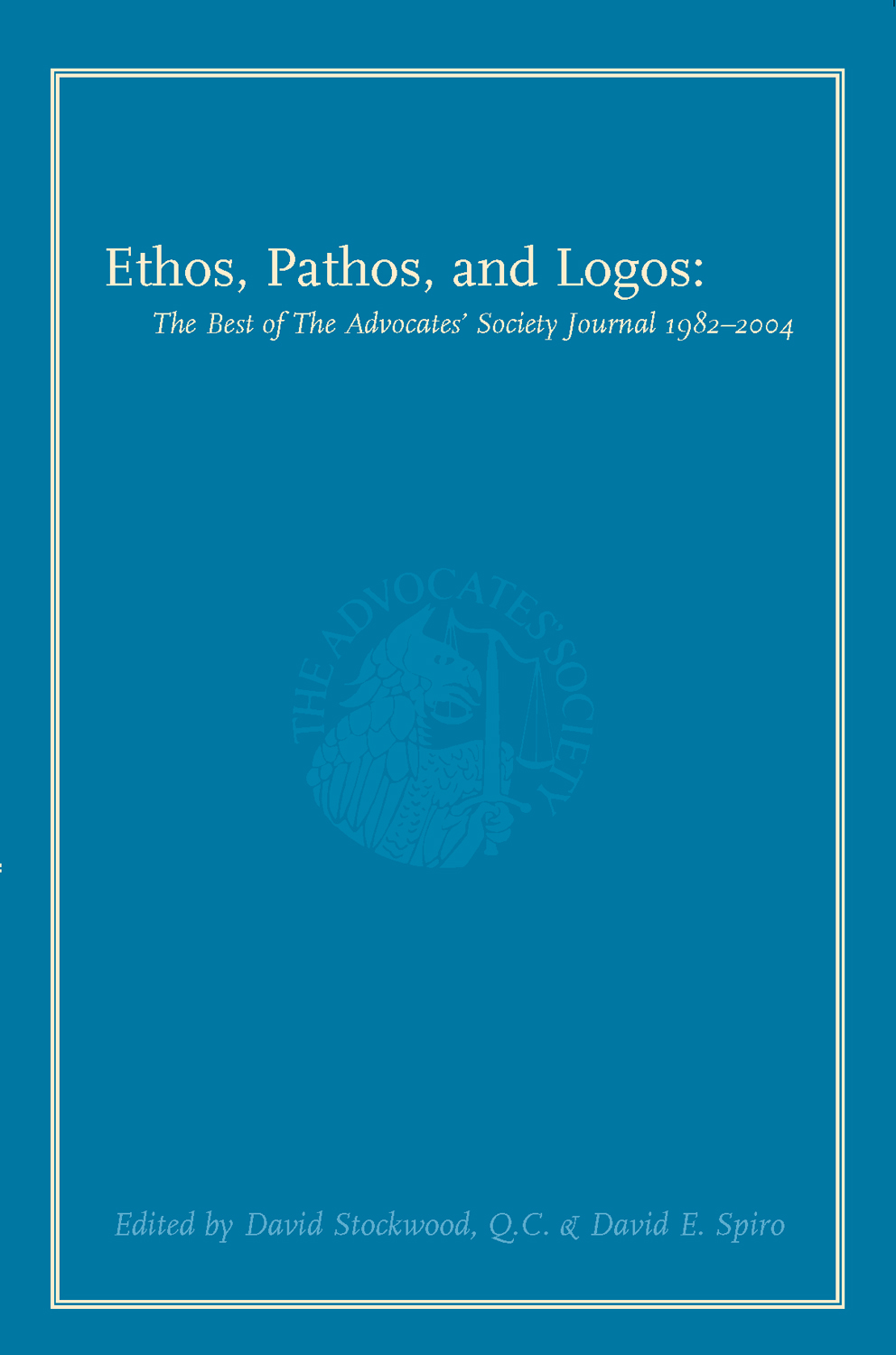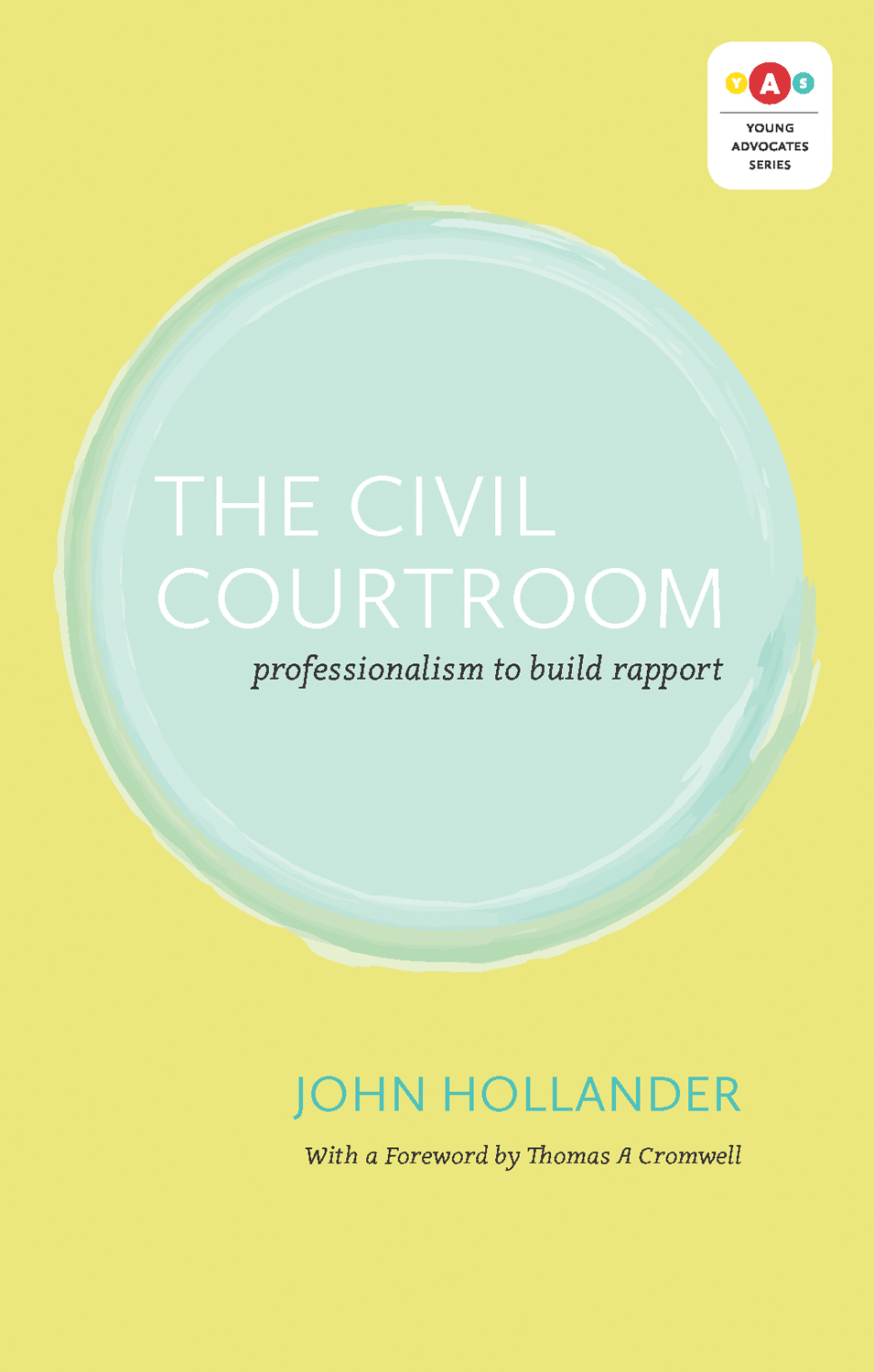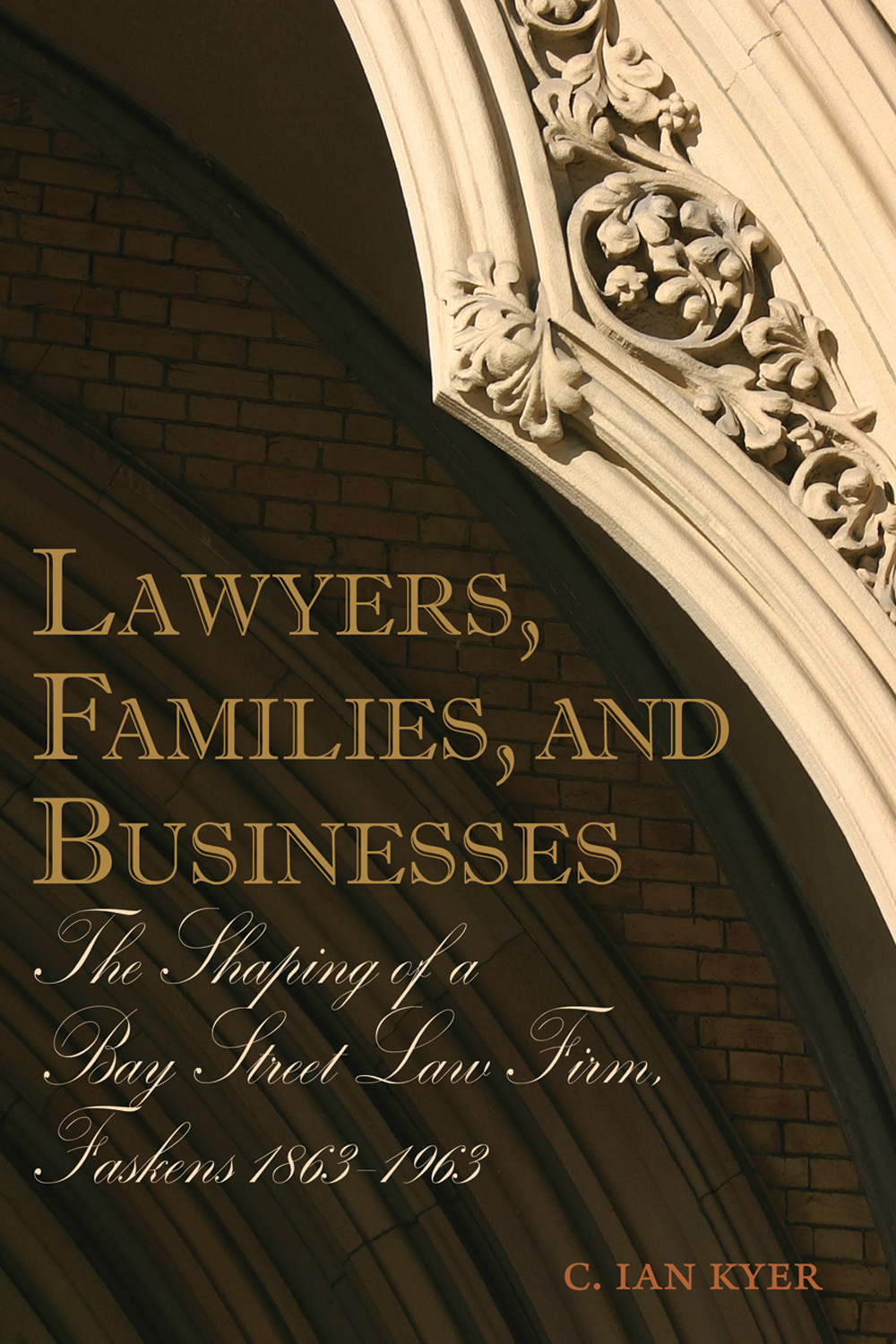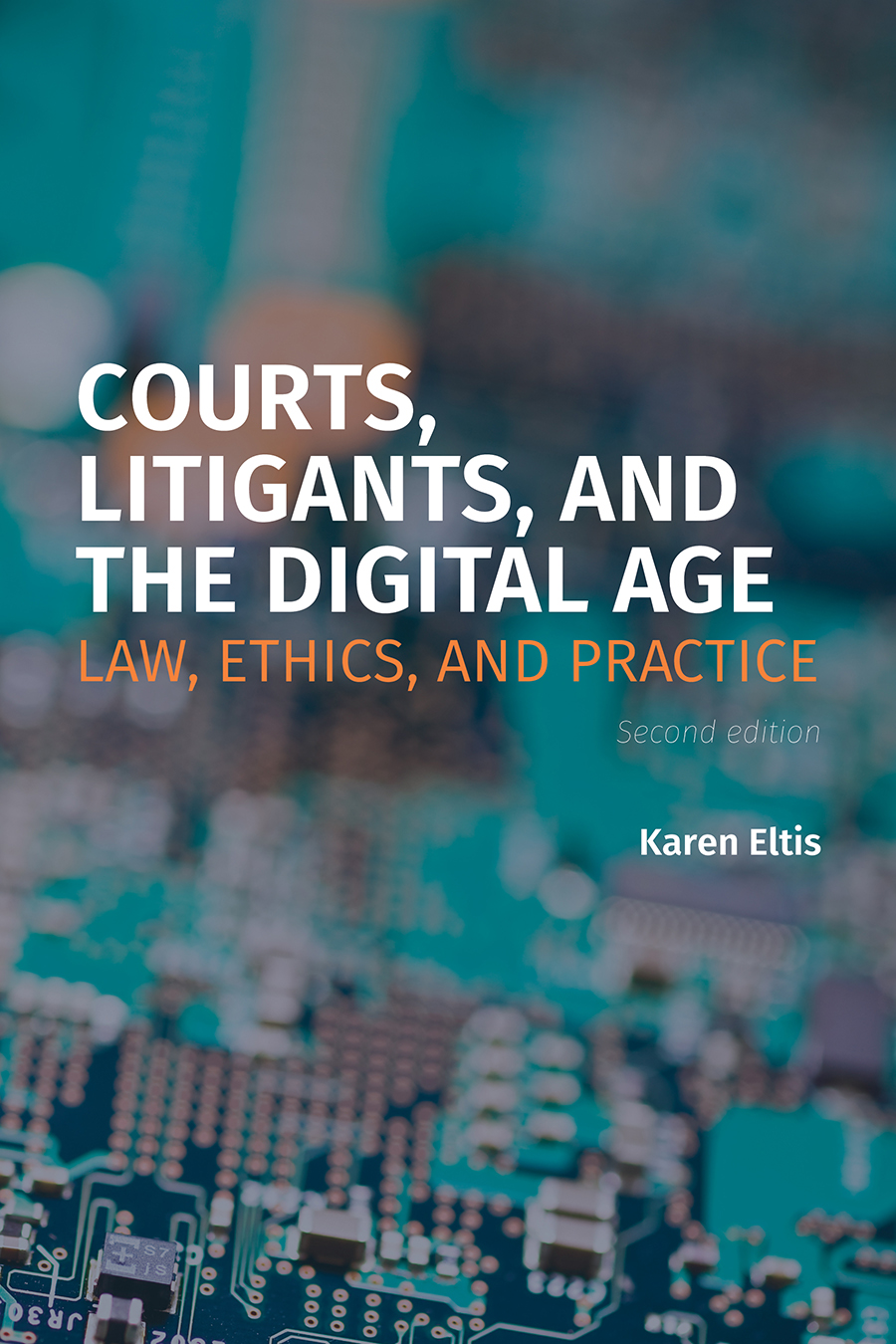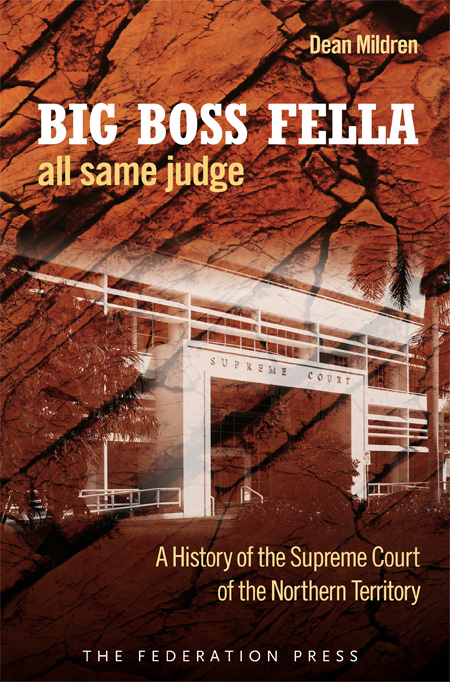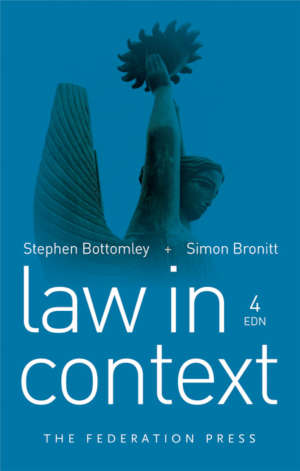Product Description
This work provides a detailed examination of the appellate jurisdiction of the superior Australian courts, including the State and Territory Supreme Courts, Courts of Appeal and Courts of Criminal Appeal, the Federal Court of Australia, the Family Court of Australia and the High Court of Australia. The principles on which they act when deciding appeals both civil and criminal, including sentencing appeals and appeals by the Crown, are also dealt with. There is a separate chapter dealing with the Defence Force Discipline Appeal Tribunal which hears appeals from military tribunals constituted by Defence Force Magistrates or Courts Martial. The principles on which leave to appeal or special leave to appeal may be granted or refused are also covered. Civil and criminal appeals are dealt with separately. There are also chapters which provide practical guidelines on the preparation of the grounds of an appeal or leave application. Best practice in the drafting of outlines of argument, and of appellate advocacy, whether as appellant or respondent, are also discussed. Other topics which are incidental to appeals – such as bail applications, stay applications, security for costs, costs on appeal in both civil and criminal cases, parties to an appeal, amicus curiae and interveners – are also examined.


